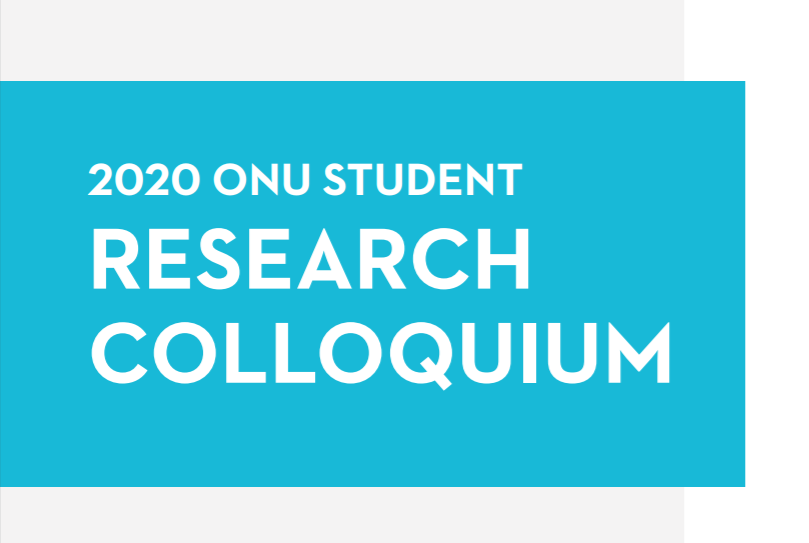Sponsor
Phillip R. Zoladz, Ph. D
Ohio Northern University
Psychology, Sociology, and Criminal Justice
p-zoladz@onu.edu
Advisor(s)
Phillip R. Zoladz, Ph. D
Ohio Northern University
Psychology, Sociology, and Criminal Justice
p-zoladz@onu.edu
Document Type
Poster
Start Date
24-4-2020 9:00 AM
Abstract
Traumatic events are frequently accompanied by alcohol use, and although some research has shown that alcohol increases intrusive memory formation in healthy subjects, limited work has examined the impact of alcohol on the development of post-traumatic stress disorder (PTSD). Moreover, there has been no work experimentally testing the influence of alcohol on PTSD-like symptoms in animal models. Thus, we examined the effects of alcohol on the development of PTSD-like symptoms in rats exposed to a predator-based model of traumatic stress. Male and female Sprague-Dawley rats were given intraperitoneal injections of alcohol (1.5 g/kg) or vehicle (water) 30 minutes before being exposed to an adult, female cat for 1 hr. One week later, the rats were tested for symptoms of anxiety-like behavior on an elevated plus maze and in an open field. We also assessed rats’ hyperarousal by examining their baseline startle responses. According to the results, males, but not females, that were treated with alcohol prior to stress displayed significantly greater anxiety and larger startle responses than rats treated with vehicle before stress. These findings suggest that peri-traumatic alcohol ingestion could increase the risk of developing PTSD, at least in males.
Recommended Citation
Goodman, Cassandra S.; Smith, Ian F.; Elmouhawesse, Kara M.; Dodson, Jordan L.; Del Valle, Colin R.; and Hepp, Jocelyn K., "Impact of Alcohol on the Development of PTSD-Like Sequelae following Intense Stress" (2020). ONU Student Research Colloquium. 18.
https://digitalcommons.onu.edu/student_research_colloquium/2020/posters/18
Restricted
Available to ONU community via local IP address and ONU login.
Impact of Alcohol on the Development of PTSD-Like Sequelae following Intense Stress
Traumatic events are frequently accompanied by alcohol use, and although some research has shown that alcohol increases intrusive memory formation in healthy subjects, limited work has examined the impact of alcohol on the development of post-traumatic stress disorder (PTSD). Moreover, there has been no work experimentally testing the influence of alcohol on PTSD-like symptoms in animal models. Thus, we examined the effects of alcohol on the development of PTSD-like symptoms in rats exposed to a predator-based model of traumatic stress. Male and female Sprague-Dawley rats were given intraperitoneal injections of alcohol (1.5 g/kg) or vehicle (water) 30 minutes before being exposed to an adult, female cat for 1 hr. One week later, the rats were tested for symptoms of anxiety-like behavior on an elevated plus maze and in an open field. We also assessed rats’ hyperarousal by examining their baseline startle responses. According to the results, males, but not females, that were treated with alcohol prior to stress displayed significantly greater anxiety and larger startle responses than rats treated with vehicle before stress. These findings suggest that peri-traumatic alcohol ingestion could increase the risk of developing PTSD, at least in males.

